The Differences Between Cloud and Physical Hosting
The Differences Between Cloud and Physical Hosting and Their Impact on a website.
In today’s digital landscape, choosing the right types of hosting solution for your website is crucial. With numerous options available, it’s important to understand the differences between cloud hosting and physical hosting. This article will delve into these two types of hosting, exploring their features, benefits, and how they impact your website’s performance.
Introduction
In this digital age, businesses and individuals rely heavily on websites to establish their online presence. Hosting is the foundation upon which a website operates, and choosing the right hosting solution is essential for optimal performance. Cloud hosting and physical hosting are two primary options available, each with its own set of advantages and disadvantages. Let’s explore these types of hosting in detail.
What is Cloud Hosting?
Cloud hosting is one of two types of hosting (primary) where your website’s resources are spread across multiple virtual servers. Instead of relying on a single physical server, your website operates on a network of interconnected servers located in different data centers. This distributed infrastructure allows for greater flexibility, scalability, and redundancy.
Advantages of Cloud Hosting
- Scalability: Cloud hosting offers excellent scalability, allowing you to easily allocate additional resources to your website as it’s needs grow.
- Flexibility: With cloud hosting, you have the flexibility to choose and customize the resources you require, such as CPU, RAM, and storage.
- Reliability: The distributed nature of cloud hosting ensures high availability and reduces the risk of downtime.
- Cost-Effectiveness: Cloud hosting operates on a pay-as-you-go model, where you only pay for the resources you use, making it a cost-effective solution for many businesses.
- Load Balancing: Cloud hosting utilizes load balancing techniques to distribute traffic evenly across multiple servers, ensuring optimal performance even during peak periods.
Disadvantages of Cloud Hosting
- Technical Complexity: Cloud hosting can be more technically complex to set up and manage compared to physical hosting.
- Potential Dependency: As cloud hosting relies on the internet, any disruptions to your internet connection can affect your website’s accessibility.

What is Physical Hosting?
Physical hosting, also known as dedicated hosting, is the second of two types of hosting (primary) involving leasing or owning a physical server that is solely dedicated to hosting your website. Unlike cloud hosting, all the resources of the server are dedicated to your website alone, providing a high level of control and customization.
Advantages of Physical Hosting
- Performance Control: With physical hosting, you have full control over the server’s resources, allowing you to optimize performance based on your specific requirements.
- Security: Physical hosting provides enhanced security as you have exclusive access to the server, reducing the risk of unauthorized access.
- No Dependency on Internet Connection: Unlike cloud hosting, physical hosting does not rely on an internet connection for accessibility.
Disadvantages of Physical Hosting
- Limited Scalability: Physical hosting is less flexible in terms of scalability, as you need to upgrade or add new physical servers to accommodate increased website demands.
- Higher Costs: Physical hosting generally involves higher costs compared to cloud hosting, as you are responsible for the maintenance, upgrades, and overall management of the physical server.

Performance Comparison
When it comes to performance, both types of hosting have their strengths and weaknesses. Cloud hosting excels in scalability and flexibility, allowing for seamless resource allocation and on-demand scaling. On the other hand, physical hosting provides greater control over server resources, enabling optimal performance customization.
Factors to Consider When Choosing Hosting.
When deciding the above types of hosting, several factors should be taken into account:
- Website Traffic and Resource Demands: Assess the expected traffic volume and resource requirements of your website to determine which hosting solution can meet your needs effectively.
- Budget: Consider your budgetary constraints and compare the costs associated with both hosting options.
- Technical Expertise: Evaluate your team’s technical skills and resources available for managing the hosting environment.
- Scalability Requirements: Determine if your website needs the ability to scale quickly and efficiently in response to traffic fluctuations.

Impact on Website Speed
Website speed is a critical factor that influences user experience and search engine rankings. Both types of hosting can provide excellent website speed if properly configured and optimized. Cloud hosting’s ability to distribute resources and utilize load balancing techniques can contribute to faster load times, especially during high traffic periods. Physical hosting, when fine-tuned and optimized, can also deliver exceptional website speed
Scalability and Flexibility
Cloud hosting offers superior scalability and flexibility compared to physical hosting. With cloud hosting, you can easily scale your resources up or down based on your website’s needs. This scalability ensures that your website can handle sudden traffic spikes without compromising performance. Physical hosting, while providing control over server resources, requires additional hardware and setup to scale, making it less flexible in terms of resource allocation.
Reliability and Uptime
Both types of hosting can offer high levels of reliability and uptime, but they differ in their approaches. Cloud hosting’s distributed infrastructure minimizes the risk of downtime by providing redundancy across multiple servers and data centers. In contrast, physical hosting relies on a single server, making it more susceptible to hardware failures or network outages.
Security Considerations
Security is a crucial aspect of hosting, and both types of hosting have their own security considerations. Cloud hosting providers generally have robust security measures in place, including firewalls, data encryption, and regular backups. Physical hosting offers a higher level of control over server security since you have exclusive access to the server hardware. However, it also places the responsibility of implementing and maintaining security measures on you.

Cost Comparison
Cost is often a significant factor when choosing hosting. Cloud hosting operates on a pay-as-you-go model, where you only pay for the resources you use. This cost-effective approach makes cloud hosting an attractive option for small to medium-sized businesses. Physical hosting involves higher upfront costs as you need to invest in server hardware and ongoing maintenance. However, for websites with consistently high traffic or specialized requirements, physical hosting can offer cost savings in the long run.
Conclusion
Choosing between the above types of hosting depends on your specific needs and priorities. Cloud hosting provides scalability, flexibility, and cost-effectiveness, making it ideal for businesses that require rapid growth and adaptability. Physical hosting offers control, security, and performance optimization, making it suitable for websites with specific resource demands and compliance requirements. Consider your website’s requirements, budget, and future growth plans when making your decision.
Understanding the differences between cloud hosting and physical hosting is essential when selecting the right hosting solution for your website. Consider factors such as scalability, flexibility, performance, security, and costs to make an informed decision that aligns with your website’s specific requirements. Whether you choose cloud hosting or physical hosting, ensure that your hosting solution supports the growth, reliability, and security of your website.





best content in website about hosting